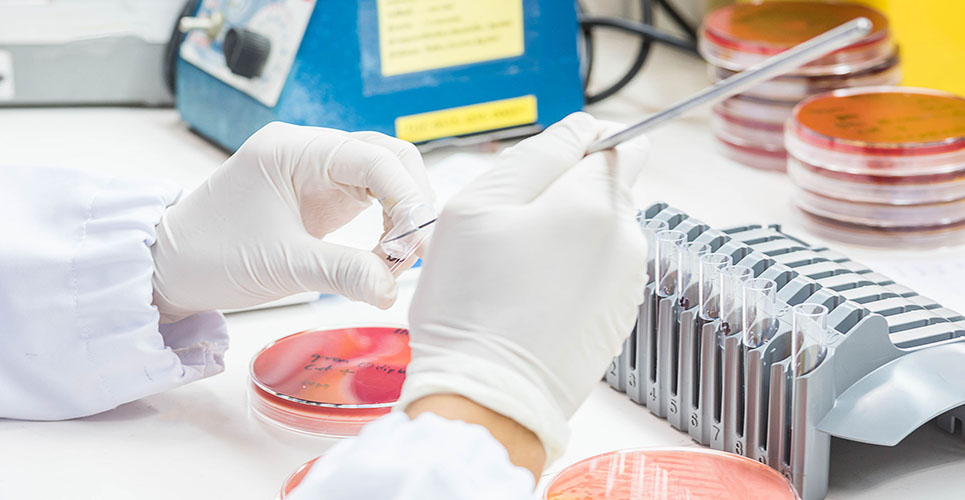teaser
Brian Edwards, CBE
Emeritus Professor
Healthcare Development
University of Sheffield, UK
Former President
HOPE (European Hospital and Healthcare Federation)
Brussels, Belgium
As the Euro crisis continues to grab the headlines and techno governments begin to take over from politicians, the European Union continues with regular business. In December the European Council actively encouraged member states to participate in the joint programming of research in five key areas, including the ‘Microbial Challenge’.
The increasing resistance to antimicrobial drugs represents, they claim, one of the emerging threats to human health in the 21st Century. More than 25,000 patients in the EU die each year from infections caused by bacteria that are resistant to multiple antibiotics and the problem is getting worse. The problems are exacerbated by the indiscriminate use of antimicrobials and the dissemination of antibiotic-resistant bacteria in the environment and the human food chain.
As the problem grows, the investment in new antimicrobials is declining dramatically.
The proposed solutions are weak and indecisive.1 More data collection is recommended alongside more partnership research into antimicrobial resistance processes. Creating networks between research centres makes some sense but at a professional level these will already exist. If this is the best the EU can do, then we will all be in trouble soon.
It is for national governments to tackle indiscriminate use by patients and profligate prescribing by doctors and pharmacists, particularly if they end up paying for it through national health systems. Action in this area can no longer be regarded as an unreasonable intrusion into professional practice but clear clinical common sense.
The EU needs to incentivise the pharmaceutical industry to invest in new or alternative antimicrobial solutions, perhaps in conjunction with the World Health Organisation, who still have some political punch, even if they have no money for investment. This is one problem that cannot be left to the market. If no action is taken soon, a problem will develop into a crisis.
Healthy seas and oceans are another area selected for action. EU coastal regions account for 40% of its total GDP and population, so it is pretty important.
Solutions to urban problems become more pressing as the cities in Europe continue to expand [which generates the next programme] and this leads to water supply emerging as a major societal challenge and a priority for innovation alongside climate knowledge.
As a list of areas for collaborative research, I suppose they make sense but in every case we already know we have a problem; what we really need is action to deal with them. Whether action will fall to the Eurozone group or the wider 27 states is a crucial, unresolved issue.
Perhaps we need a techno-led EU, instead of a very expensive political talk shop!
Reference
1. Council of the European Union. Five Joint Programme Initiatives for Research. Brussels. 6 December 2011.

